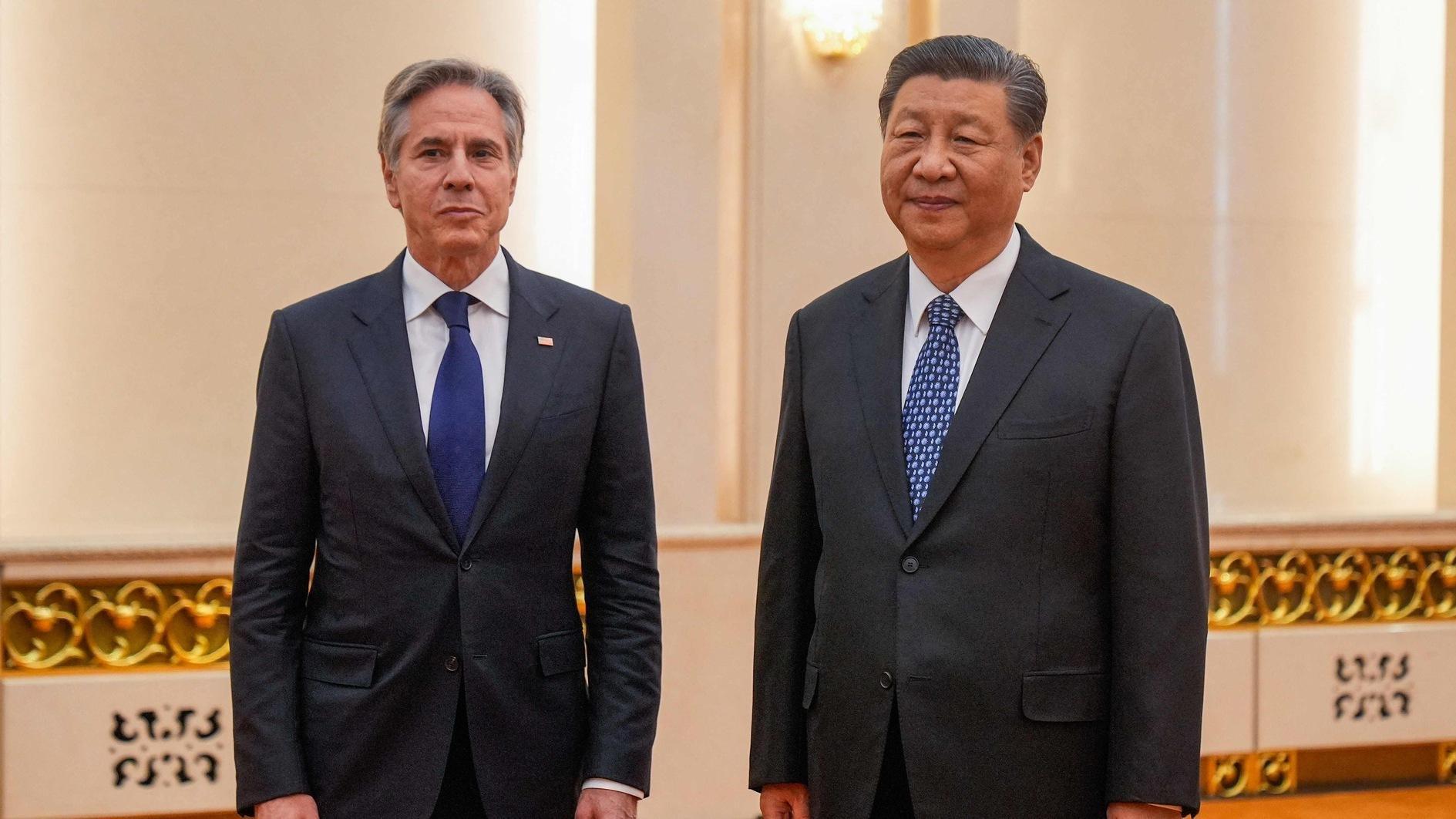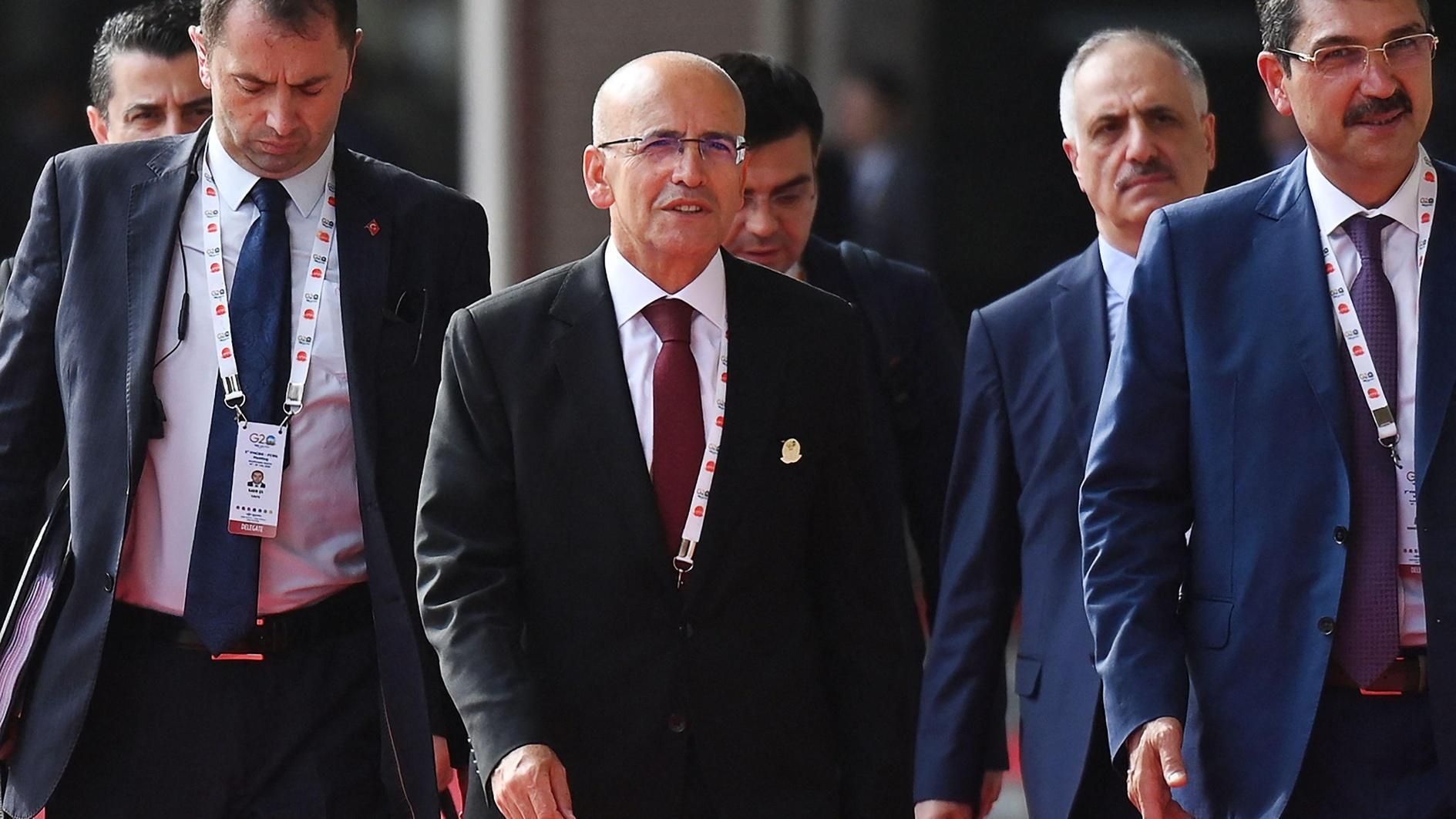From father Bush to Trump, the continuing Kurdish legacy
The legacy of George H.W. Bush, who died on Nov. 30, will continue to haunt Turkish leadership for many years to come, or as long as instability continues to ravage Iraq and Syria.
In fact it might not be wrong to say that it is father Bush’s policies that are also playing a role in shaping the Turkish stance in the current standoff between Ankara and Washington on Syria.
“Nearly a quarter century after the U.S.-European alliance undertook Operation Provide Comfort [OPC] in 1991, in response to Saddam Hussein’s plan to take militarily action against the Kurds in northern Iraq, this operation remains in the history books as an under-appreciated success story of geo-strategic importance,” wrote Thomas E. Ricks in Foreign Policy in February 2017.
As far as Turkey’s leadership is concerned, this so-called “under-appreciated” story is a highly successful one that developed in favor of Kurdish groups, but also of the PKK, which is recognized both by Washington and European capitals as a terror organization.
If this story of geostrategic importance had developed only in favor of “Kurdish groups,” Turkey might not have had a problem with it, as evidenced by Turkey’s close cooperative relations with the Kurds of northern Iraq. But the moment the story started to evolve in favor of the PKK, it has come obviously at the expense of Turkey.
Father Bush’s death provides us the occasion to remember Operation Poised Hammer and Operation Provide Comfort.
During Operation Desert Storm that started in 1990 following Bush’s decision to enter Iraq, United States called for Iraqis to rise up and throw out Saddam. A few months after the end of Operation Desert Storm, Saddam attacked the Kurds who had listened to U.S. calls. Fleeing Iraqi forces, hundreds of thousands of Kurds started fleeing to Turkey. As Turkey was unwilling to open its borders yet unprepared for this sudden and huge influx, thousands were trapped in a difficult terrain in deteriorating conditions which prompted Operation Provide Comfort.
Following a U.N. decision, a military force (to provide comfort) was formed in April 1991 and deployed to İncirlik air base to conduct humanitarian operations in northern Iraq.
Over a period of a few weeks, this U.S.-led coalition force which went into northern Iraq constructed resettlement areas and established a de-militarized zone for the protection of the Kurds. This was followed by Operation Poised Hammer, and then baptized as “provide comfort 2.” Fearing a potential reprisal from Saddam forces, a no-fly zone was established north of the 36 parallel with a smaller number of coalition forces standing ready to strike.
Unwilling to face a new influx of refugees, Turkey felt obliged to give it a green light. But from the first minute of its inception, the whole endeavor to protect the Kurds in Iraq was seen as the beginning of the Turkish state security apparatus’ most frightening nightmare turning into reality. The PKK abused both the political vacuum and its kinship to the Kurds in the region. Iraqi Kurds at times fought against the PKK and at times turned a blind eye, but in the end they consolidated their autonomy. And to prove those in Turkey who have always been wary of Kurds’ aspirations, they held an independence referendum in 2017.
The decision to let U.S.-European forces to bet up and protect a Kurdish zone have always led to fierce domestic criticism for having created the conditions that have strengthened the PKK and fueling the independence aspirations of the Kurds.
Fast forward to today, despite tremendous ups and downs Turkey has succeeded in managing its relations with Iraqi Kurds, provided that their self-rule came short of independence.
When it comes to Syria, the Turkish leadership probably believes it is now facing a similar scenario. The difference this time is that U.S.-led forces do not claim to be there to save Kurds from Bashar al-Assad but to cooperate with Kurds to fight against radical Islamist forces. But there is one more major difference. Iraqi Kurds were able to distance from the PKK and work with Turkey. This time there is not a clear-cut distinction between Syrian Kurds and the PKK.
Those who might think that the Iraqi experience could be emulated and that in time Turkey will come to accept a Kurdish “enclave,” “self-rule,” “entity,” and autonomous region (whatever you call it) in Syria as well might be committing a grave mistake.
The PKK is seen as an existential threat to Turkey’s security. As long as Syrian Kurds do not separate themselves from the PKK and the PKK is poised as an “ally” to the U.S., it would be naïve to expect Turkey to stand by and watch.











